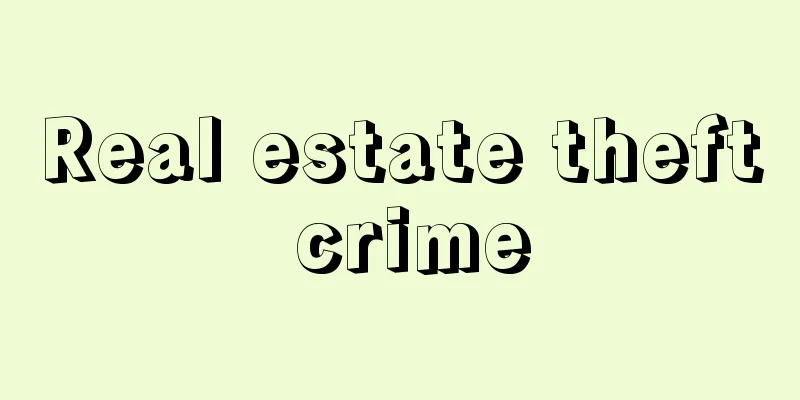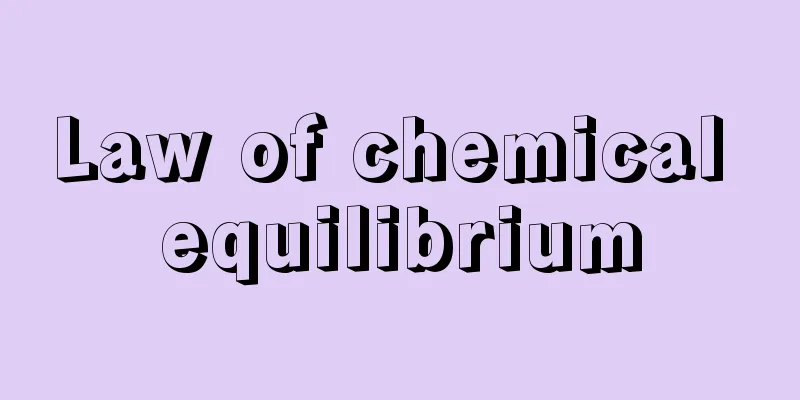Manager - Manager

|
A commercial employee is appointed by a merchant or company and has the authority to perform all judicial and extrajudicial acts related to the business (business) of the business owner or company (Commercial Code, Articles 20 and 21, Companies Act, Articles 10 and 11). A manager is a person who has comprehensive power of attorney (control) over the business (business) of the business owner or company, regardless of the title. In addition, a person who is not a manager but has a title indicating that he or she is the head of the business of a sales office, the head office or a branch office of a company, such as a branch manager, is considered to have the same authority as a manager in transactions (Commercial Code, Article 24, Companies Act, Article 13), and the protection of bona fide counterparties is ensured (apparent manager). A manager is appointed by the business owner, a merchant or company, but in the case of a company, a majority resolution of the directors is required (Companies Act, Article 348, Paragraphs 2 and 3, Item 1). The appointment and extinguishment of the power of attorney are matters to be registered (Companies Act, Article 918). The manager's power of agency is broad and powerful, and even if the business owner or company imposes restrictions on it, it is unrestricted and cannot be asserted against a third party without knowledge (Commercial Code, Article 21, Paragraph 3; Companies Act, Article 11, Paragraph 3). In addition, since the manager is familiar with matters related to trade secrets, he is required to do his utmost for the business owner or company and to have a heavy obligation to prevent the development of a competitive relationship between him and the business owner or company (Commercial Code, Article 23, Paragraph 1; Companies Act, Article 12, Paragraph 1). If the manager violates this, the business owner or company may dismiss the manager and demand damages, and in the case of a violation of the obligation to refrain from competing, the amount of profits gained by the manager or a third party from the act may be presumed to be the amount of damages caused to the business owner or company (Commercial Code, Article 23, Paragraph 2; Companies Act, Article 12, Paragraph 2). [Toda Shuzo] [Reference items] | |Source: Shogakukan Encyclopedia Nipponica About Encyclopedia Nipponica Information | Legend |
|
商人・会社によって選任され、営業主・会社にかわりその営業(事業)に関するいっさいの裁判上・裁判外の行為をなす権限を有する商業使用人(商法20条・21条、会社法10条・11条)。支配人は営業主や会社の営業(事業)全般にわたる包括的な代理権(支配権)を有する者であり、その名称のいかんを問わない。なお、支配人でもないのに、支店長・支社長など営業所や会社の本店または支店の事業の主任者であることを示す名称をつけられた者は、取引上、支配人と同一の権限があるものとみなされ(商法24条、会社法13条)、善意の相手方の保護が図られている(表見支配人)。支配人は営業主である商人や会社が選任するが、会社にあっては、取締役の過半数の決議が必要である(会社法348条2項・3項1号)。その選任および代理権の消滅は登記事項である(同法918条)。支配人の代理権は広範かつ強力なもので、営業主や会社がこれに制限を加えても善意の第三者に対抗できない不可制限的なものである(商法21条3項、会社法11条3項)うえに、支配人は営業上の秘密にわたる事項にも通じているから、営業主や会社のために全力を尽くすとともに、営業主や会社との間に競業関係が発生するのを防止するために支配人には重い義務が課せられている(商法23条1項、会社法12条1項)。これに違反すれば、営業主や会社は支配人の解任、損害賠償の請求のほか、競業避止義務違反の場合は、それを理由に、当該行為によって支配人または第三者が得る利益の額を、営業主や会社に生じた損害の額と推定する(商法23条2項、会社法12条2項)。 [戸田修三] [参照項目] | |出典 小学館 日本大百科全書(ニッポニカ)日本大百科全書(ニッポニカ)について 情報 | 凡例 |
Recommend
Stavenhagen, R.
…An economist on par with Frank is Theotonio Dos ...
Albi (English spelling)
The capital of the Tarn department in southern Fra...
Luminograph
…Luminographs are also called luminographs. They ...
Departmental Ministers
… In the United Kingdom, known as the birthplace ...
moonwort
... Himehanawarabera is sometimes called Hebinosh...
Minahasa people - Minahasa tribe (English spelling)
A Proto-Malay ethnic group living on the Minahasa ...
Azuchi-Momoyama culture
The culture of the Azuchi-Momoyama period, when Od...
Hattori Nankaku
A Chinese poet of the mid-Edo period. His given n...
Radiation detector - radiation detector
A device that detects radiation such as α (alpha)...
Nijo [town] - Nijo
An old town in Itoshima County facing Karatsu Bay ...
Takara Shrine
It is located in Mii-cho, Kurume City, Fukuoka Pr...
Refrigerator - Reizoko (English spelling) refrigerator
A device that can keep the temperature of the sto...
grass
〘Morpheme〙① Expresses an unsettled state. "Do...
Pseudaletia unipuncta (English spelling) Pseudaletia unipuncta
…[Shigeo Sugi]. … *Some of the terminology that m...
Kokokuwon-wang (English: King of the Homeland)
? ‐371 The 16th king of Goguryeo, Korea. Reigned 3...









